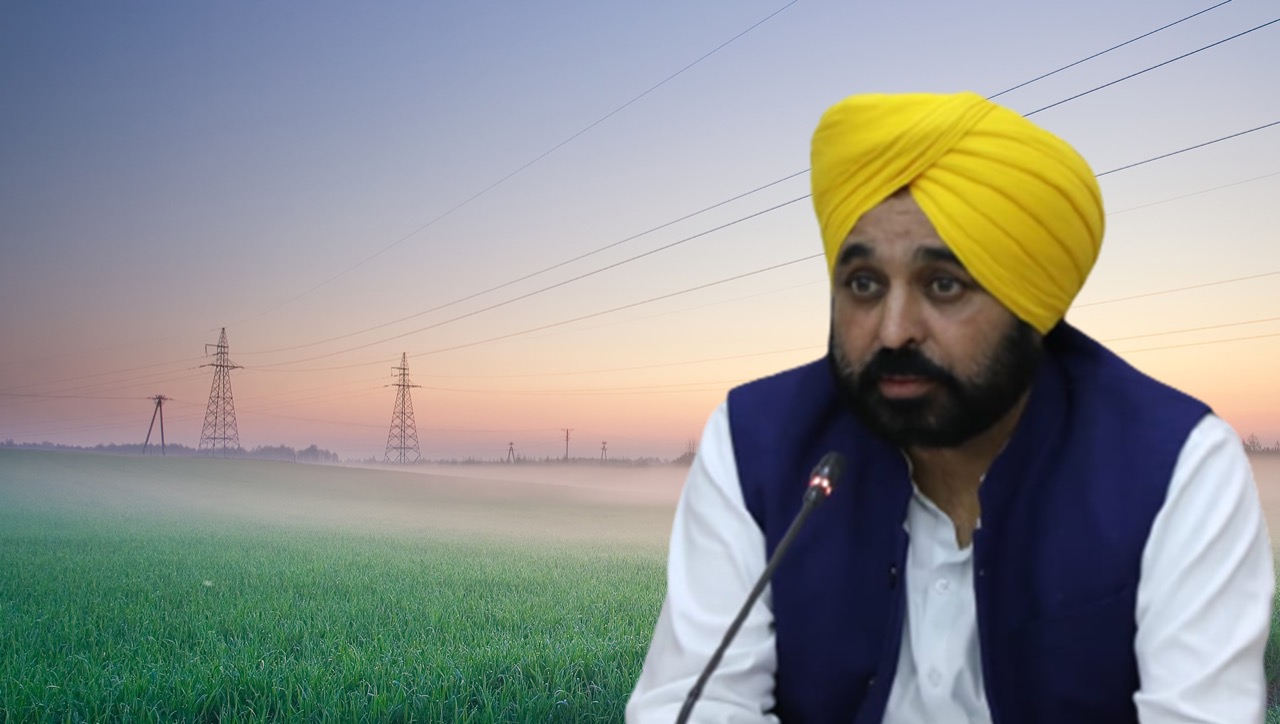CHANDIGARH/ NEW DELHI: In a decision that should bring smiles to many in Punjab, Chief Minister Bhagwant Mann decided to waive all the pending electricity bills till December 31, 2021.
While there was some confusion among people that arrears of up to 2 KW were waived off, the Aam Aadmi Party (AAP) government in the state clarified that the pending electricity bills of all connections till December 31, 2021, have been waived by Mann government.
Mann also fulfilled one of the election promises as he announced that each household in the state will get 300 units of free electricity every month. AAP convenor and Delhi CM Arvind Kejriwal had also promised a waiver of pending electricity bills and round-the-clock power supply in the state.
The AAP government had earlier announced giving 300 units of free power to every household from July 1.
Rajya Sabha MP Raghav Chadha took to Twitter to share that Punjab became only the second state in India after the national capital to get free electricity.
“Today is a historic day as Punjab becomes the second state after Delhi to get lifeline electricity free of cost. ‘Kejriwal di pehli (first) guarantee’ to Punjabis becomes a reality”,” Chadha tweeted.
Punjab’s finance minister Harpal Singh Cheema had mentioned in the budget on June 27 that providing free electricity up to 300 units will cost the state an amount of Rs 1800 crores. In the state budget this year, the power subsidy bill has been proposed at Rs 15,845 crores. It also provides free power of 200 units to SC, BC, BPL families and freedom fighters and gives power to the industrial sector at Rs 5 per unit.
The decisions will bring big relief to Punjabis, who are reeling under exorbitant power bills, Cheema said. He also said the state government had already planned to finance this scheme by cutting wasteful expenditure and through enhancement of its own tax revenue.
With a total of 73.50 lakh domestic households in Punjab, 61 lakh families would benefit from the schemes.
CM Mann had said that the scheduled castes, backward castes, below-poverty-line households and freedom fighters will be charged just for over and above 600 units.










